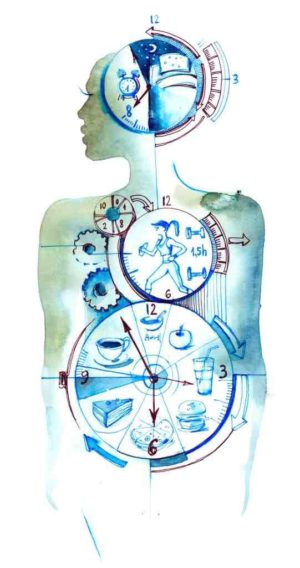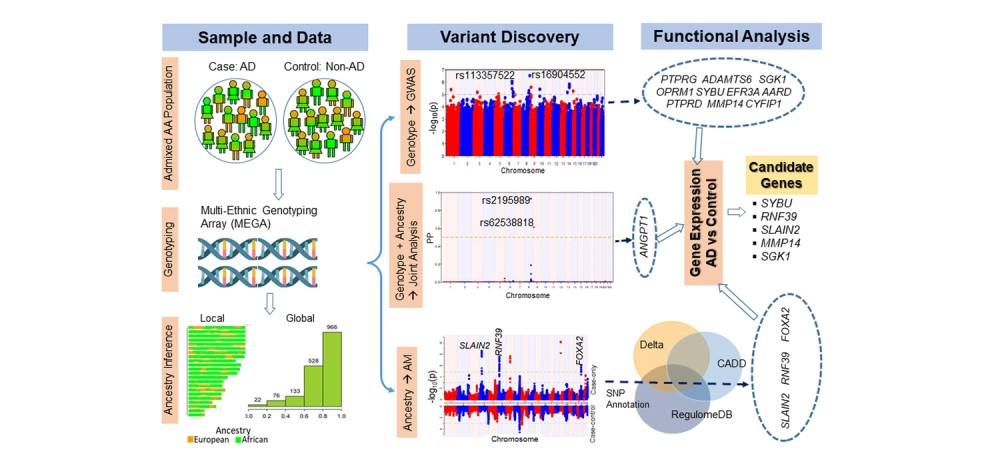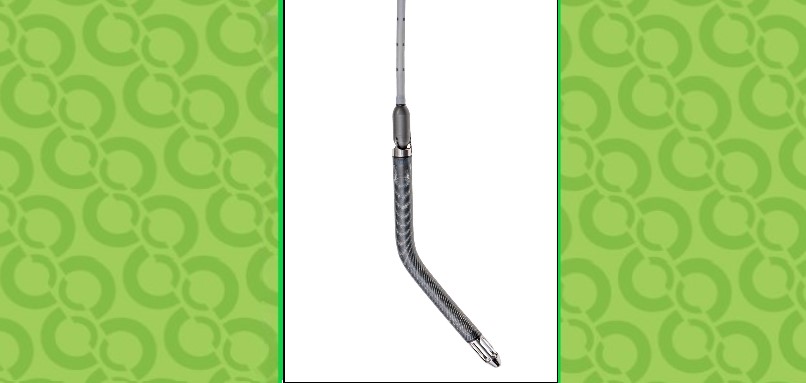Dosing Time Matters
Research By: John Hogenesch, PhD
Post Date: August 12, 2019 | Publish Date: Aug. 9, 2019

This blog post reflects a series of Tweets written by John Hogenesch, PhD. (@jbhclock)
Chronotherapy, or timing therapies according to the time of day, has a 50+ year history.
Since then, hundreds of papers have come out examining time of dosage of many different classes of drugs, e.g. drugs to treat asthma, hypertension, arthritis, cancer, etc. In fact, last year there were 15 reviews on the subject. Despite this, there’s been little change to clinical practice.
To gain insight into successful strategies, our lab @CincyChildrens and Garret FitzGerald @PennMedicine studied the results of 106 human trials that evaluated time-of-administration of drugs. We focused on studies where more than one time of day was tested in the same study.

Take home messages:
- The majority of drugs work differently depending on time of administration. 70 of the 106 trials showed either improved efficacy or safety.
- We analyzed drugs with different half-lives. We expected short-acting drugs (< 6 hours) would be more likely to have an effect. That was true. Unexpectedly, drugs with half-lives as long as 15 hours also worked better at one time than another.
- Either the underlying physiology is under clock control, e.g. blood pressure, or the real world therapeutic index for many commonly taken drugs isn’t as wide as we think it is.
These are some of the most commonly taken drugs on Earth. Dosing time matters.
What’s left to do?
Many of these trials were underpowered. We need to go bigger. Will EMR mining play a role in some of these indications?
We also need to account for circadian time, rather than the time on the wall. Recent work from our lab, but also Derk-Jan Dijk, @jakehughey, @AchimKramer, @AlladaSleep, and others are operationalizing circadian biomarkers.
Action items:
- If your clinical asset has a 15-hour or less half life, you might want to test at least two time points. If I’m head of Development, I’d want to know about this.
- We need to FDA to change labeling guidelines. Drop “morning” and “evening” in lieu of “after waking” and “before bed.” About 20% of Americans now do shift work. “Morning” isn’t morning for them.
Read a perspective piece from Hogenesch and colleagues in Science.
Visit the Hogenesch Lab
| Original title: | Dosing Time Matters |
| Published in: | Science |
| Publish date: | Aug. 9, 2019 |
Research By






